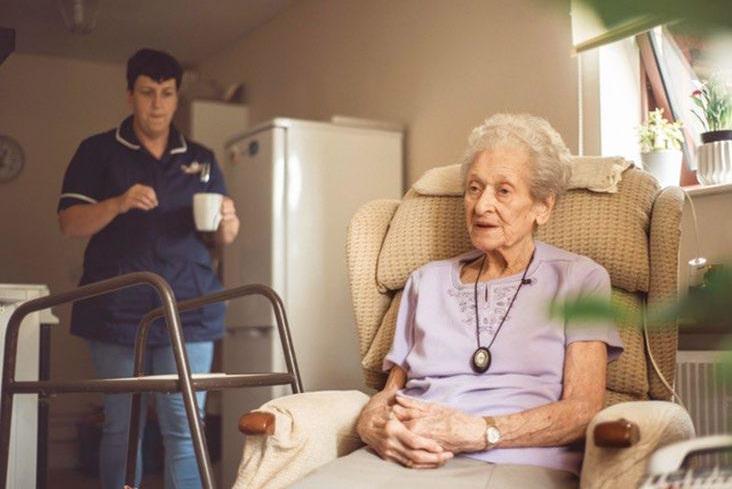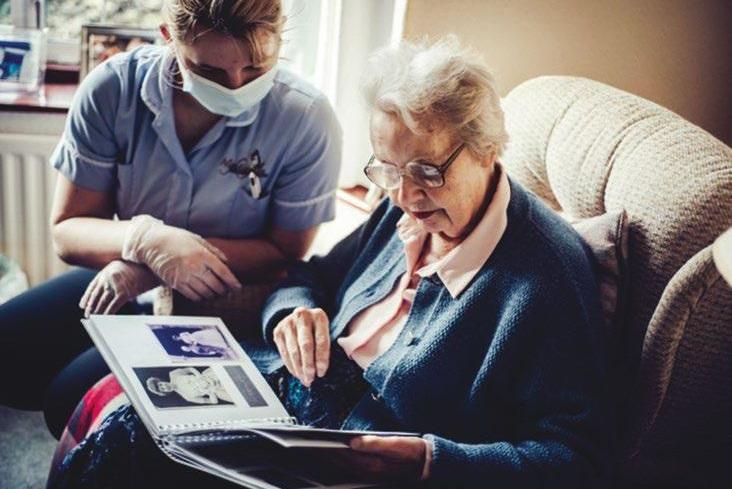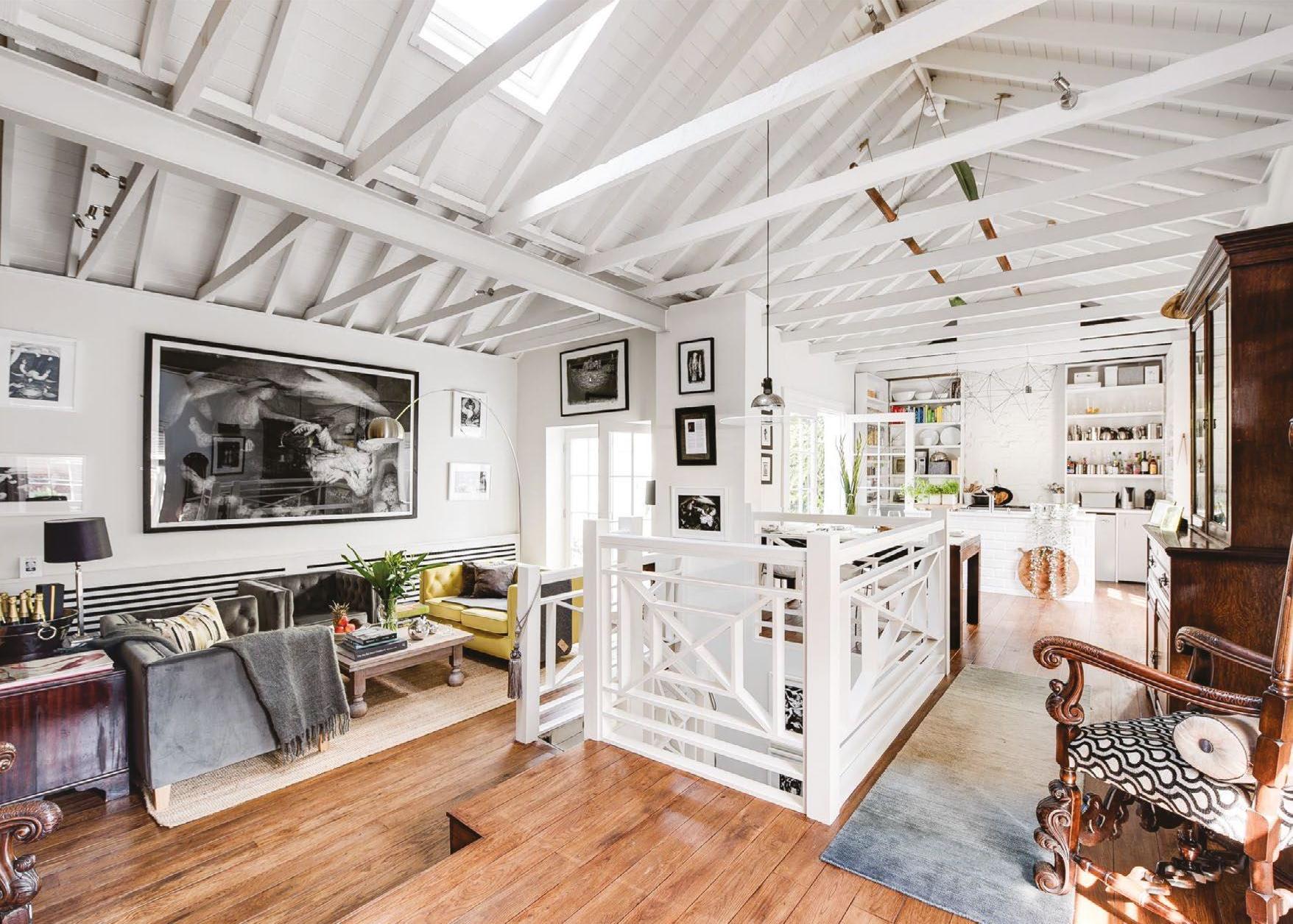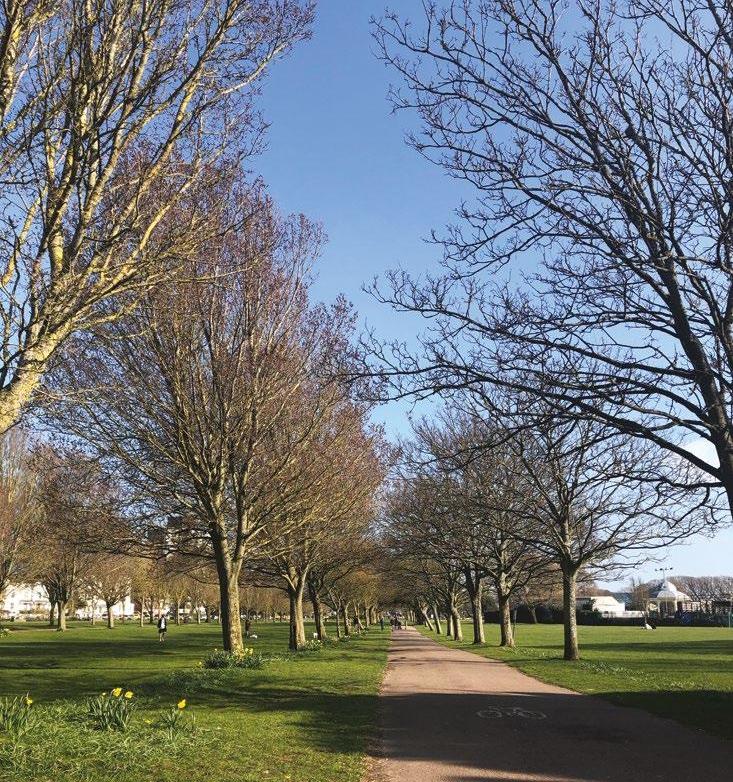
2 minute read
THE PLIGHT OF THE BUMBLE (AND OTHER) BEES
When we think of bees, we mostly think of Winnie the Pooh’s arch nemesis (and feminist icon) the honeybee, or cute and fluffy bumblebees, but look closely and there are smaller furry bees moving from flower to flower. In Britain we have around 270 species of bee, just under 250 of which are solitary bees. These bees can be amazingly effective pollinators, and as the name suggests, tend not to live in colonies like bumblebees and honeybees. Through the great work of urban beekeepers, the number of honeybees is on the rise, but it is generally acknowledged that bumblebees, solitary bees, and other pollinators are on the decline. There is no one answer as to why some species are suffering; however, habitat loss is high on the list. You can help, all you need is a meadow, not the rolling acres of the South Downs, but just a small area of your garden –planter or window box – where you can sow the seeds of indigenous wildflowers and grasses and offer a water source for tired wings. Another way to help is to become a beekeeper. The rewards are so much more than honey (although the honey is worth it). It doesn’t have to be as daunting as it may sound, get started in a few easy steps. 1 Contact your local Beekeeping Association: Portsmouth & District Beekeeping Association (PDBKA) and other associations have experienced members who are happy to have a chat about how to get started and what to expect. If you move on to get a hive and a swarm of bees, experienced beekeepers are also on hand to mentor new keepers. 2 Visit an Apiary: The PDBKA has a number of ‘out Apiaries’ where members and nonmembers are invited along on specific times to get hands on practical experience, which can be a real buzz to first timers. 3 Take a course: Every winter the PDBKA hosts an eight-week course for beginner beekeepers. Topics include the natural history of the honeybee; equipment, including frame making, diseases and pests, swarming, manipulation of a honeybee colony, the bee year, and products of the hive. 4 Become a member of your local Beekeeping Association: Even if you don’t have bees and a hive yet, you can become a Country member of the PDBKA. This gives you access to monthly meetings on a number of topics, as well as the wealth of experience that the community has to offer. New members also go to the top of the ‘swarm list’, so it won’t be long before your hive is buzzing. For more information or to become a member please visit: https://portsmouthbeekeepers.co.uk/
Photo by Emma Morgan
Advertisement








